Roskoshestvo named the products that Russians refused during self-isolation
Find out which products Russians stopped buying during self-isolation according to Roskoshestvo, the Russian consumer rights watchdog. Discover the trends and changes in consumer behavior in Russia during the COVID-19 pandemic.
In the midst of the COVID-19 pandemic, self-isolation measures have forced people around the world to change their daily routines and adapt to new circumstances. One area greatly impacted by these changes is consumer behavior, especially when it comes to purchasing essential goods.
Roskoshestvo, a Russian consumer rights watchdog, recently conducted a study to determine the products that Russians avoided during the self-isolation period. The study aimed to shed light on the changing preferences and concerns of consumers during these challenging times.
The results of the study revealed some interesting insights into the shopping habits of Russians during self-isolation. One notable finding was the decline in purchases of non-essential items such as luxury goods and high-end electronics. With limited opportunities for socializing and traveling, many Russians opted to prioritize essential goods over luxury items.
Additionally, the study found that there was a decrease in the consumption of alcohol and tobacco products during the self-isolation period. This change in behavior can be attributed to health concerns and a desire to maintain a strong immune system during the pandemic.
Roskoshestvo reveals the products
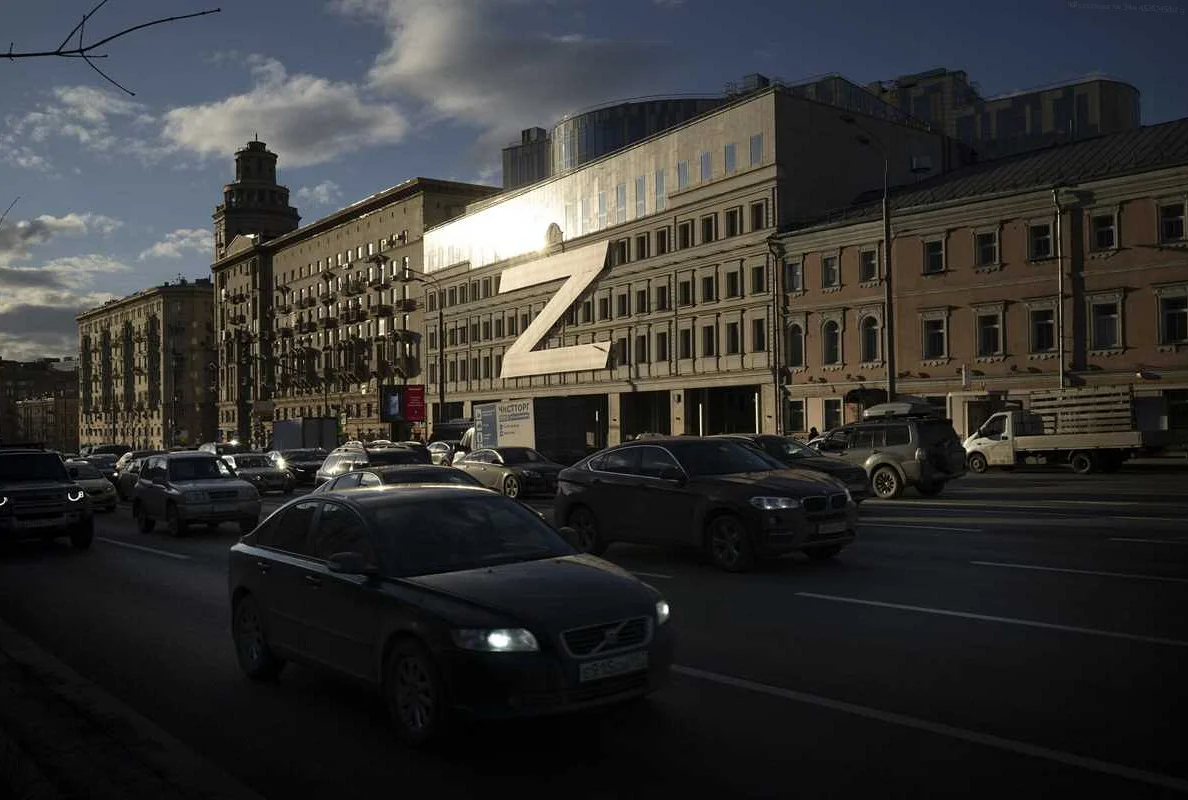
Roskoshestvo, the Russian consumer rights watchdog, has released a list of products that were avoided by Russians during the period of self-isolation. The list includes:
- Unbranded face masks: Due to concerns about the quality and effectiveness of unbranded face masks, Russians preferred to opt for trusted brands or homemade masks during self-isolation.
- Expired food: With limited access to grocery stores and concerns about food safety, Russians avoided purchasing expired food products. Roskoshestvo recommends always checking expiration dates before buying any food items.
- Non-alcoholic beer: Despite the increased demand for alcohol during self-isolation, non-alcoholic beer did not find much favor among Russians. Many preferred to enjoy alcoholic beverages instead.
- Questionable sanitizers: With the surge in demand for sanitizers, several questionable products entered the market. Russians were cautious about purchasing sanitizers from unknown or untrusted brands.
- Misleading weight loss products: As people spent more time at home, there was an increase in the promotion of weight loss products. However, Russians were wary of products with misleading claims and preferred to focus on maintaining a healthy lifestyle instead.
Roskoshestvo’s findings underline the importance of consumer awareness and making informed choices, especially during times of crisis. By being vigilant and cautious, consumers can safeguard their health and well-being.
Russians avoided during self-isolation
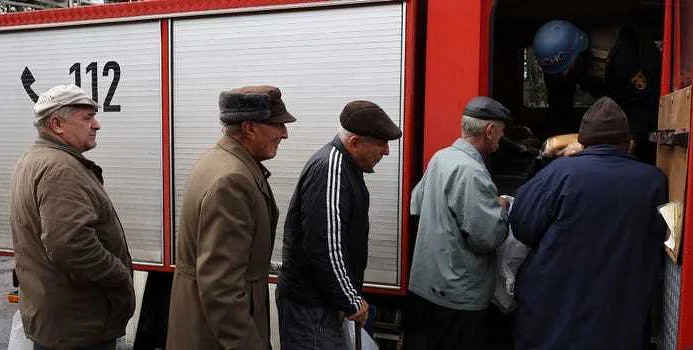
During the period of self-isolation in Russia, there were several products that Russians tended to avoid. These products were either in high demand and difficult to find, or they were considered non-essential and therefore not a priority for many people. Here are some of the products that were avoided:
- Toilet paper: With panic buying and hoarding taking place in many countries, including Russia, toilet paper became a scarce commodity. Many people stockpiled toilet paper, leading to shortages in stores.
- Hand sanitizers: As the importance of hand hygiene was emphasized during the pandemic, hand sanitizers quickly disappeared from store shelves. People resorted to making their own sanitizers at home or using soap and water instead.
- Face masks: With the shortage of face masks globally, there was also a scarcity in Russia. Face masks were mainly reserved for medical professionals and individuals with symptoms or in close contact with infected individuals.
- Gloves: Similar to face masks, gloves were also in high demand but difficult to find. Gloves were recommended for those who needed to handle potentially contaminated surfaces or for medical professionals.
- Hair dye: With hair salons closed and people staying at home, the demand for hair dye dropped significantly. Many people embraced their natural hair color and postponed their salon visits until the restrictions were lifted.
While these products were avoided by many Russians during self-isolation, it is important to note that their significance varied depending on individual circumstances and priorities. Some people may have still found a need for these products, while others could easily do without them.
Top 6 products
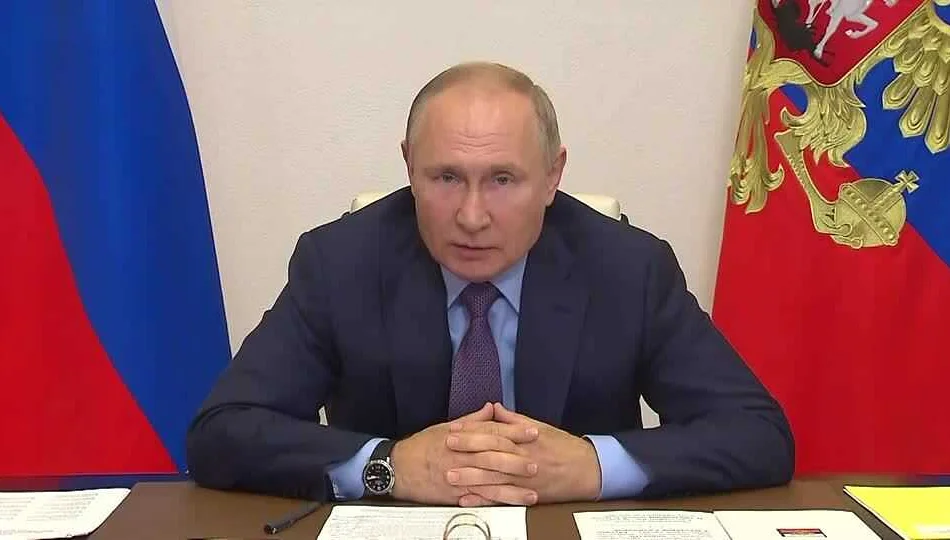
During the self-isolation period, Roskoshestvo conducted a study to identify the products that Russians avoided the most. Here are the top 6 products that were found to be avoided:
- Dairy products: Many Russians chose to avoid dairy products, such as milk, cheese, and yogurt, due to concerns about their safety and quality.
- Processed meats: Processed meats, including sausages and ham, were also among the products that were avoided due to concerns about their ingredients and production processes.
- Ready-to-eat meals: Ready-to-eat meals, such as frozen pizzas and pre-packaged sandwiches, were not preferred by Russians during the self-isolation period, as they opted for fresh and homemade meals.
- Carbonated drinks: Carbonated drinks, including soda and fizzy water, were avoided by many Russians who preferred to stay hydrated by drinking water and natural juices instead.
- Sweets and confectionery: Sweets and confectionery products, such as candies, chocolates, and cookies, were also on the list of products that were avoided by Russians who were conscious about their sugar and calorie intake.
- Fast food: Fast food, including burgers, fries, and fried chicken, was not a popular choice during the self-isolation period, as Russians aimed to maintain a healthy diet and opted for home-cooked meals instead.
It is important to note that the avoidance of these products does not necessarily imply that they are of low quality or unsafe. Russians simply made different choices during this unique period of self-isolation.
Russians avoided buying during self-isolation
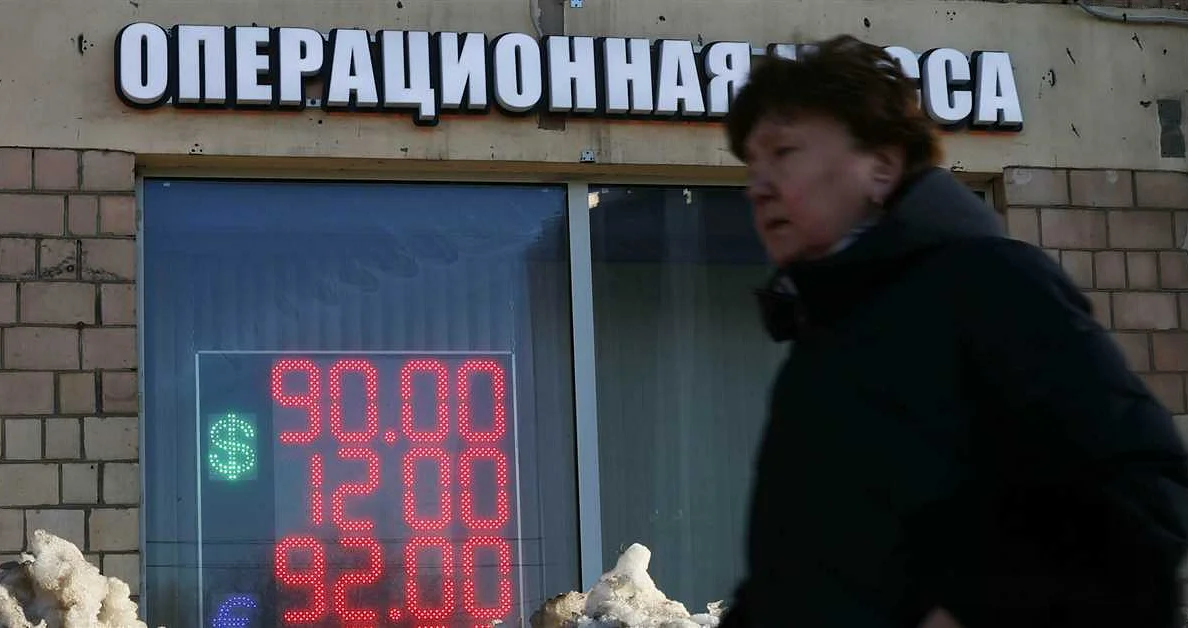
The period of self-isolation due to the COVID-19 pandemic has significantly affected consumer behavior in Russia. As people were confined to their homes, demands shifted, and certain products were avoided during this time.
Roskoshestvo, the Russian Federal Agency for Consumer Protection and Human Well-Being, has revealed the products that Russians actively avoided purchasing during self-isolation:
| Travel and vacation packages | Travel restrictions and uncertainty regarding future plans |
| Beauty and personal care services | Limited access to salons and spas |
| Clothing and fashion accessories | Reduced need for new clothing as people stayed home |
| Electronics and gadgets | Prioritization of essential items over luxury purchases |
These trends in consumer behavior have had a significant impact on various industries. Travel agencies, beauty salons, clothing retailers, and electronics manufacturers have experienced a decline in demand during the self-isolation period.
As the world adapts to the “new normal” and the restrictions begin to ease, it will be interesting to see how consumer behavior continues to evolve and what products regain popularity in the post-pandemic era.
Food and beverages
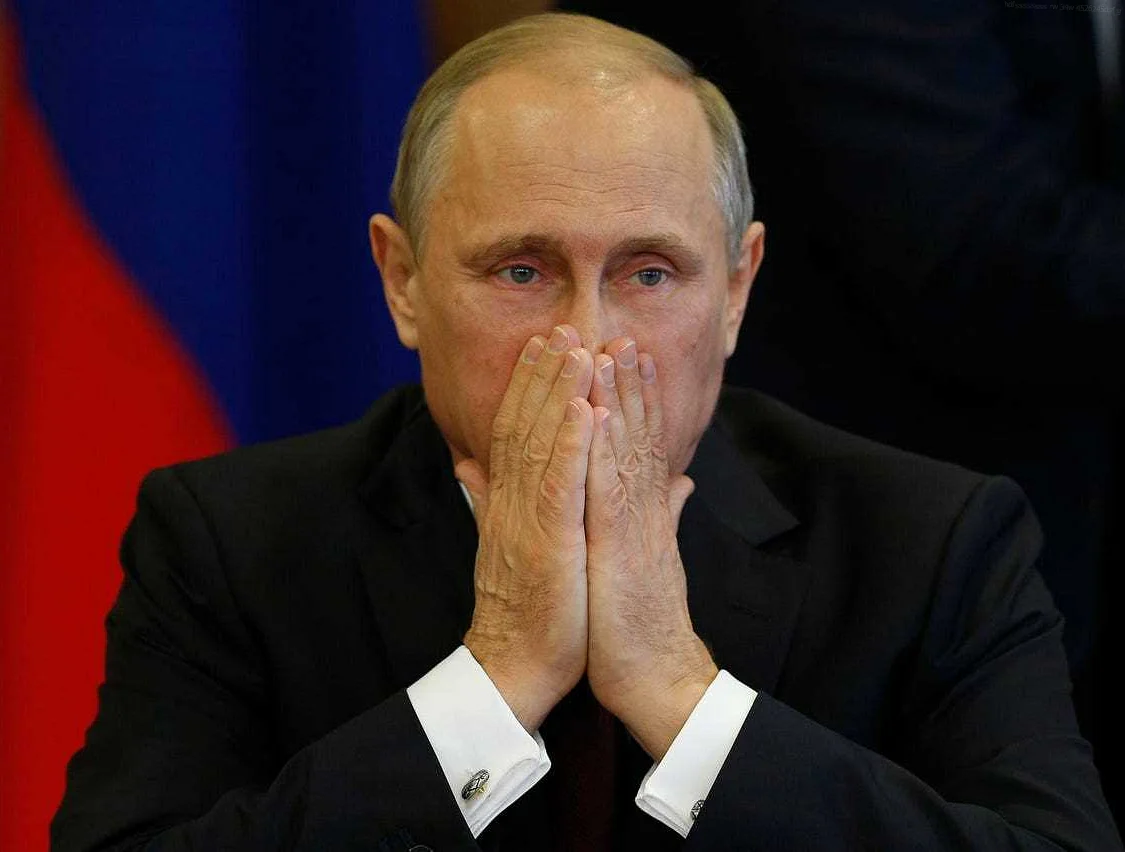
During the self-isolation period, Russians preferred to avoid certain food and beverage products. According to Roskoshestvo, the most avoided products were:
| Fast food | Concerns about hygiene and food safety |
| Soft drinks | Desire to lead a healthier lifestyle and reduce sugar intake |
| Processed meats | Worries about the quality and additives used in these products |
| Alcohol | Efforts to maintain a clear mind and avoid alcohol-related health issues |
| Convenience foods | Preference for home-cooked meals and the desire to avoid preservatives |
Overall, Russians showed a tendency to prioritize healthier and more natural food options during the self-isolation period.
Products Russians avoided due to expiration date concerns

During the self-isolation period, many Russians became more cautious about the expiration dates of the products they purchased. As a result, there were certain items that were widely avoided due to concerns about expiration dates.
Dairy products, such as milk and yogurt, were among the products that Russians were cautious about consuming during self-isolation. Many people worried that these products may have expired or would soon expire, and therefore chose to avoid them altogether.
Similarly, perishable goods like fruits and vegetables were also avoided by many Russians. The fear of buying items that were close to their expiration dates led to a decrease in the consumption of fresh produce.
Canned and packaged foods were another type of product that Russians tended to avoid during self-isolation. While they typically have longer expiration dates, many consumers were still concerned that these items may have been sitting on the shelves for too long.
Finally, bakery products such as bread and pastries were also on the list of items that Russians were hesitant to purchase. The fear of buying products that were expired or close to their expiration dates led to a decrease in the consumption of baked goods.
Overall, during the self-isolation period, Russians became more cautious about the expiration dates of the products they bought. Dairy products, perishable goods, canned foods, and bakery products were among the items that were avoided due to concerns about expiration dates.